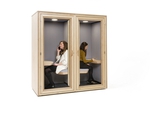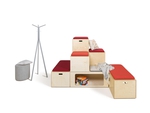Feb. 28, 2019
Industry Trends
Words by Laura Gayle, full-time blogger at Business Woman Guide
Take some time to look at the demographics of your customer base. Chances are, you’ll find that millennials have become your company’s dominant target market. And it’s not just your business. Millennials (those age 22 to 37) are expected to overtake Baby Boomers this year as the largest living generation, with more than 73 million in the United States.
Millennials are wired a little differently than previous generations and old-school marketing and advertising tactics don’t work on them. Businesses that want to connect authentically with this lucrative audience will increasingly need to hire employees who speak the millennial language. If you’ve already ramped up your hiring of those who came of age in the early 21st century, now is the time to make sure you're fully utilizing their technical prowess to reach your millennial clients.

What Millennial Employees Offer
Millennials, in general, aren't satisfied to blindly follow instructions. Many of them have independent streaks but also value experience. Smart employers provide millennials with structure and stimulating work. In return, this digitally in-tune generation makes an excellent resource for integrating the latest technology that can help you update your workplace. That's something that can help you impress millennial clients and business partners who value the same things. They may also appreciate the frank, no-nonsense approach that's indicative of this generation.
-
A disruptive mindset isn't a bad thing. Millennials add a provocative element to the workplace, and they love to challenge accepted norms. This also means they tend to be innovative thinkers who find more efficient ways to do their jobs — which, considering the growing number of millennial business owners and clients, can represent a big win.
-
Millennials understand the customer experience and know that a bad online review can tank a startup. Letthem voice their opinions as consumer champions to avoid client dissatisfaction.
-
They are digitally savvy. Millennials grew up taking cell phones and tablets for granted. Most had computers at home as early as pre-K. If your company needs a leg up when reaching technologically oriented customers, ask a millennial employee for their opinion. One of the first things you're likely to hear is that marketing and advertising efforts have to be friendly, authentic, and entertaining to attract their interest. This shared trait makes millennial employees excellent reviewers and consultants when it comes to advocating for clients or tweaking campaigns to provide value to hard-to-impress millennial customers.
-
Consider sending out regular emails featuring apps that save time for employees and customers. For example, time-tracking apps or tax refund calculators can appeal to the smartphone-reliant problem solver in many millennials, and recommending them can help you earn respect as a technologically up-to-date company. This no-nonsense approach is valuable when it comes to communicating with clients who face multiple demands on their time and who prefer to communicate succinctly via email or text.

Connecting with Millennial Consumers
To hit on areas that millennial customers care about, adopt marketing and ad strategies that send matter-of-fact messages. The most successful campaigns occur online, the space in which Generation Y is most comfortable.
Here’s an example: Millennials love cute animal videos with their news and ads. It may sound silly, but the numbers are serious: Audiences of NowThis, The Dodo, Seeker, and Thrillist have watched more than 1 billion minutes of videos to date. Tie-ins to these sites can be a great way to put your company’s name in front of consumers under 30.
Concerning product announcements, be sure they are applicable, vibrant and friendly, as well as suitable for social media. Use your millennial new hires to help you:
-
Put your services in front of millennials where they live: online.
-
Appeal to their emotions, such as the frustration of paying bills through snail mail.
-
Identify influencers whose opinions they’re likely to trust about your products.
-
Offer both unconventional and convenient products that make their lives easier. Sell these features in your marketing strategies.
-
Make your brands available on an up-to-date, mobile-friendly website.
One of the great things about millennial customers is that they value loyalty. Once they’ve identified a product or brand they like, they try to stick with it.

Attracting Millennial Employees in the Digital World
Prospective employers can take some notes from top digital companies on how to reach millennial job seekers.
-
Curating your company’s public image has become a major factor in attracting employees from younger generations. To make themselves visible and relevant to millennials, businesses now must market their brand to prospects on the employment side as well as the consumer side.
-
When millennials like a product, they are quick to share, like, or review it on social media — and they look to their peers’ opinions to inform their buying practices. The same goes for workplaces; nearly 70 percent of millennial job seekers rely on workplace reviews when making career decisions.
-
More than 80 percent of American adults spend time on social media. It's hard to overstate its importance in the lives of millennial employees and customers. Facebook, for example, reaches 1.4 billion users every day, and 27 percent of respondents in a recent survey admit a serious reliance on social media, checking Facebook about 10 times a day. Employers can benefit from making allowances for this tendency in hiring and employee handbook policies.

Work Environments That Attract Millennials
An inviting work environment is a place that can make employees look forward to going to work. Millennials have spoken up about what important to them when it comes to office environments.
-
Open spaces – Open spaces tear down walls associated with hierarchical leadership models, which millennials don't love. Open floor plans instead encourage collaboration and innovation. When the focus shifts from “my space” to “our space,” it's easier to feel like you're a part of the bigger picture. When managers and employees can work collaboratively, good ideas from every perspective can be acknowledged.
-
Flexible work areas – Keep the office design flexible. Instead of tethering each employee to a single desk, encourage them to get up and move around. This can be done by introducing a café table, lounge area, or connected courtyard outdoors where employees can enjoy a change of scenery (and consequently, bump their productivity). Offer a variety of work areas, including technologically updated conference rooms and quiet nooks for more intensive work.
-
Central location – Millennials embrace a “live, work, play” philosophy and want workplaces they can walk or bicycle to. If you’re looking for new office space, consider a location in the center of town near restaurants and shops.
-
Natural light – Millennial workers want to feel connected to the outside world. Removing cube walls lets natural light flow through your work area.

Common sense dictates that companies should pay attention to members of the increasingly dominant millennial generation, both as customers and employees. Millennials now outnumber baby boomers, and these digitally savvy employees and customers hold the key to the future of business and commerce. They are already starting their own businesses and becoming managers. The sooner your company learns how to relate to them, the better off your bottom line will be.
Share this article

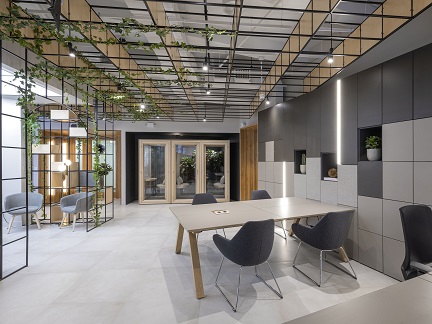

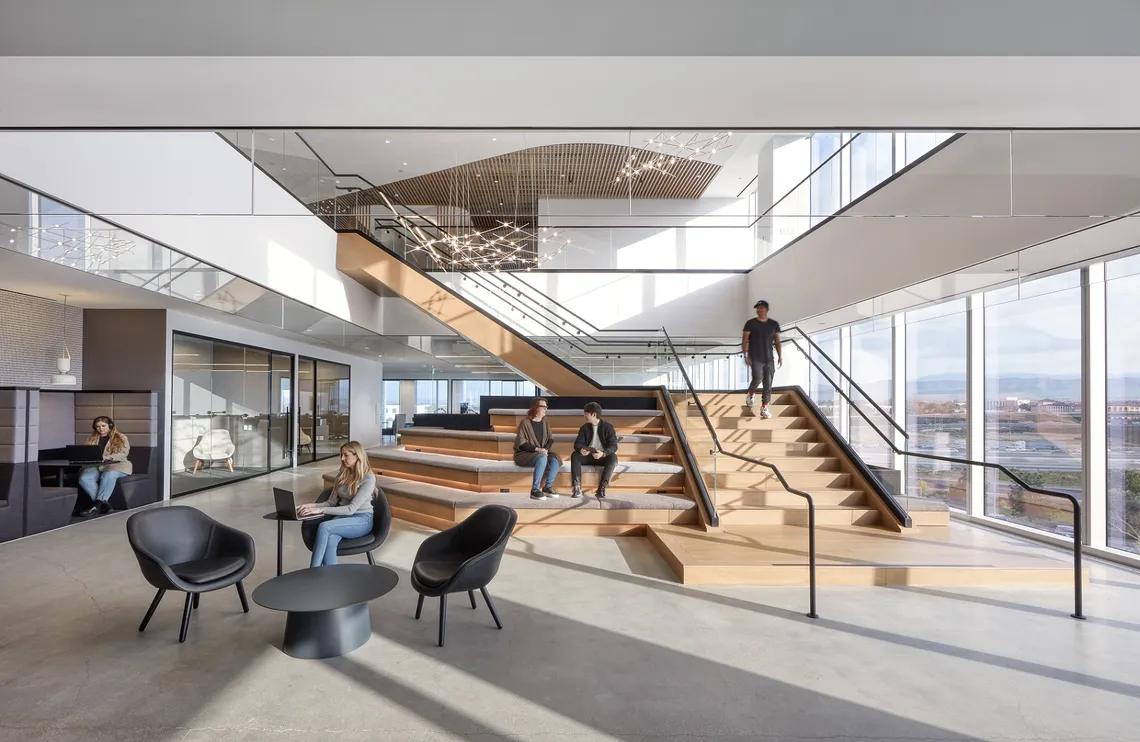
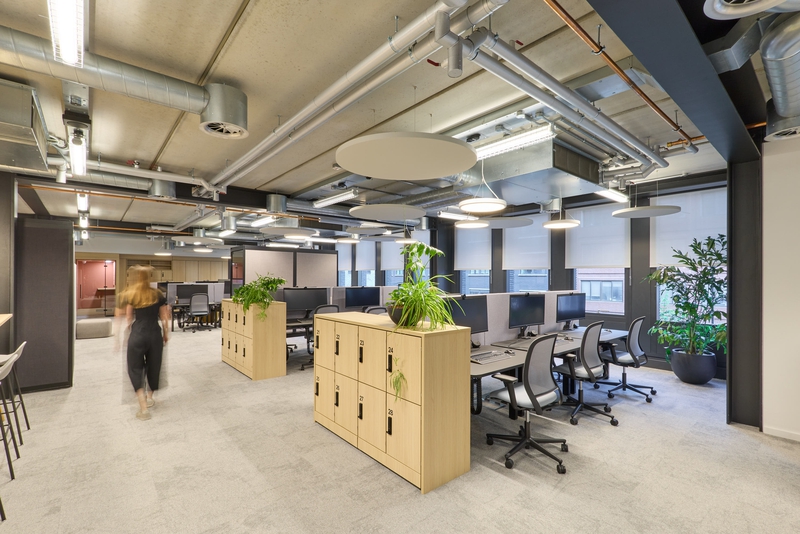
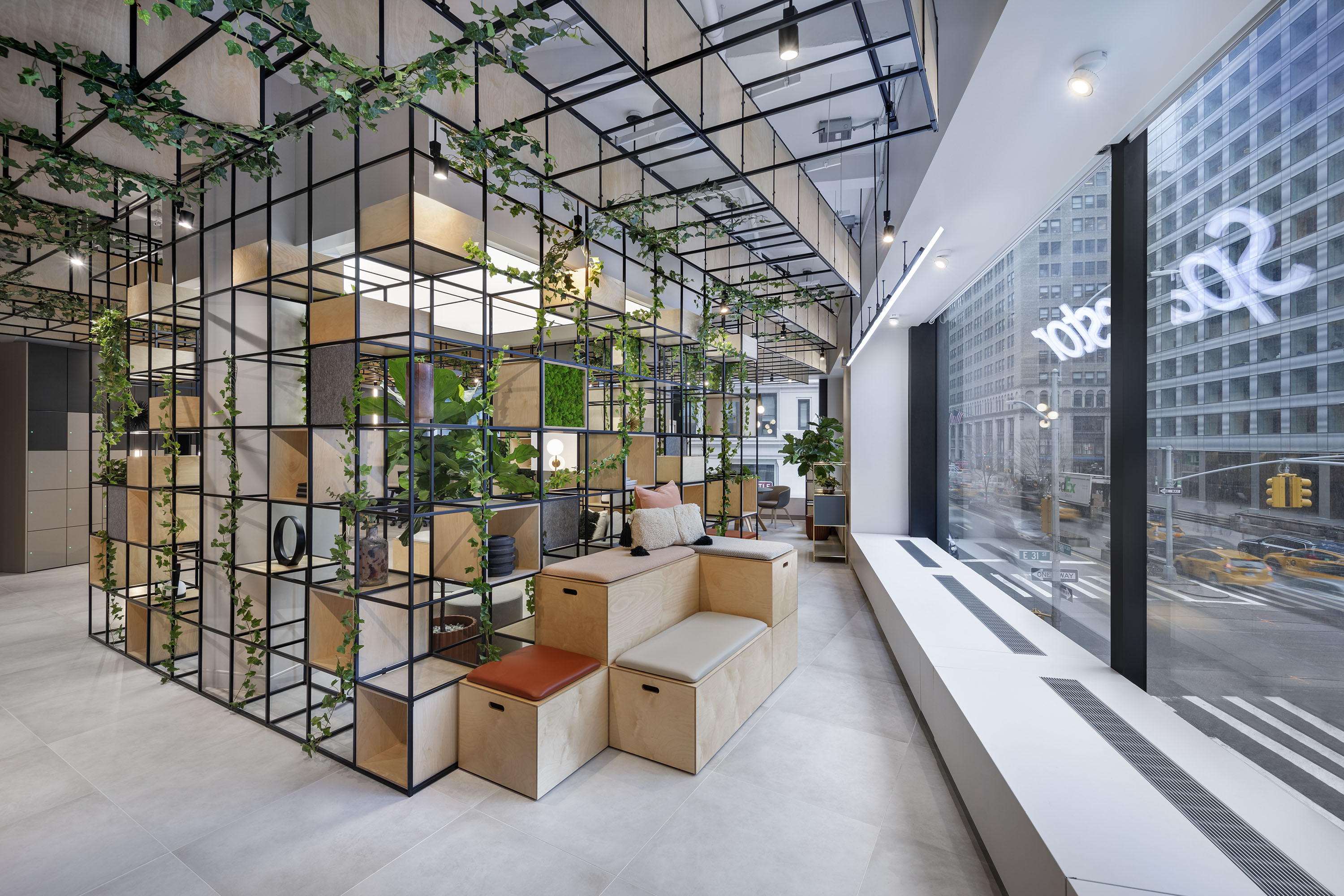

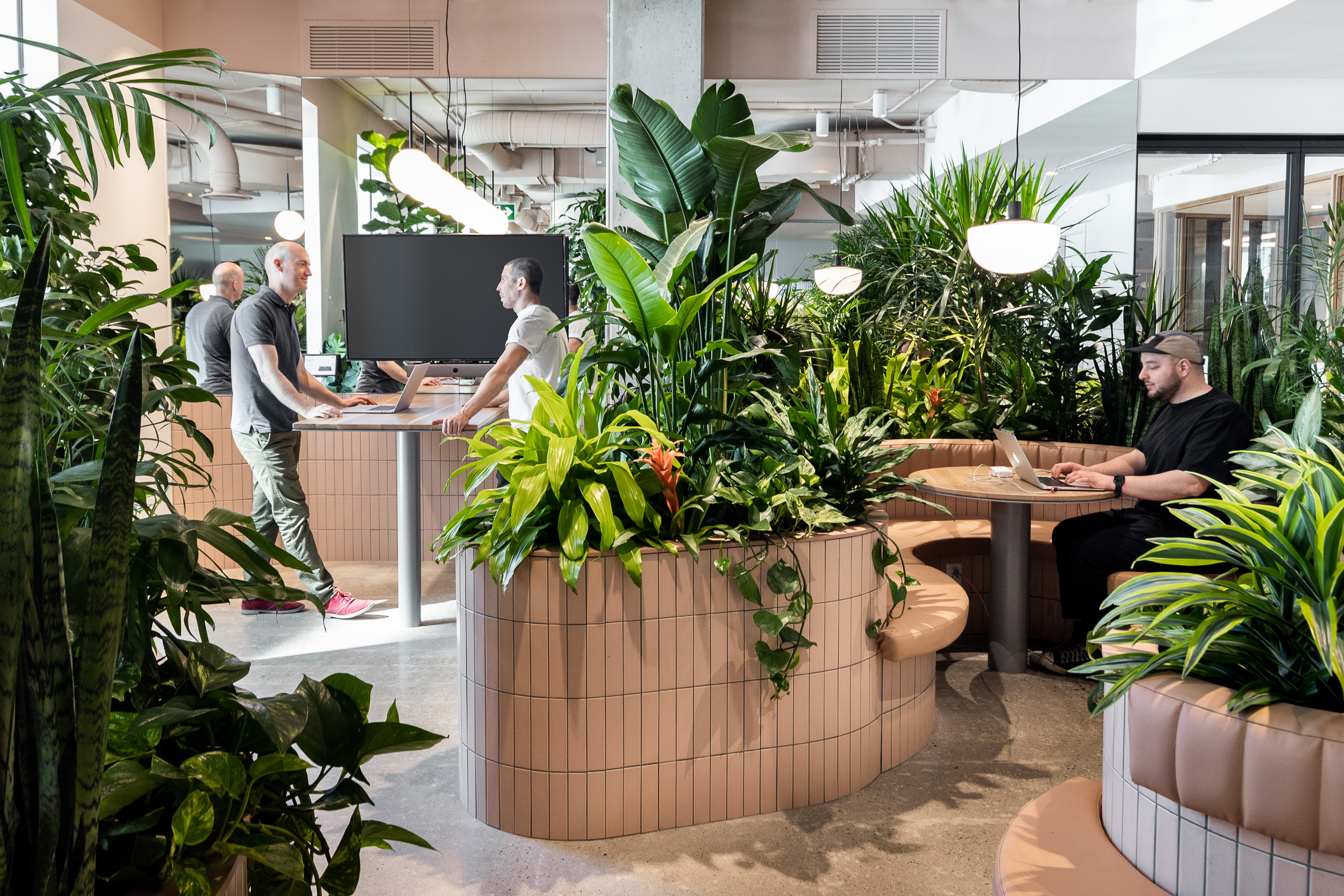
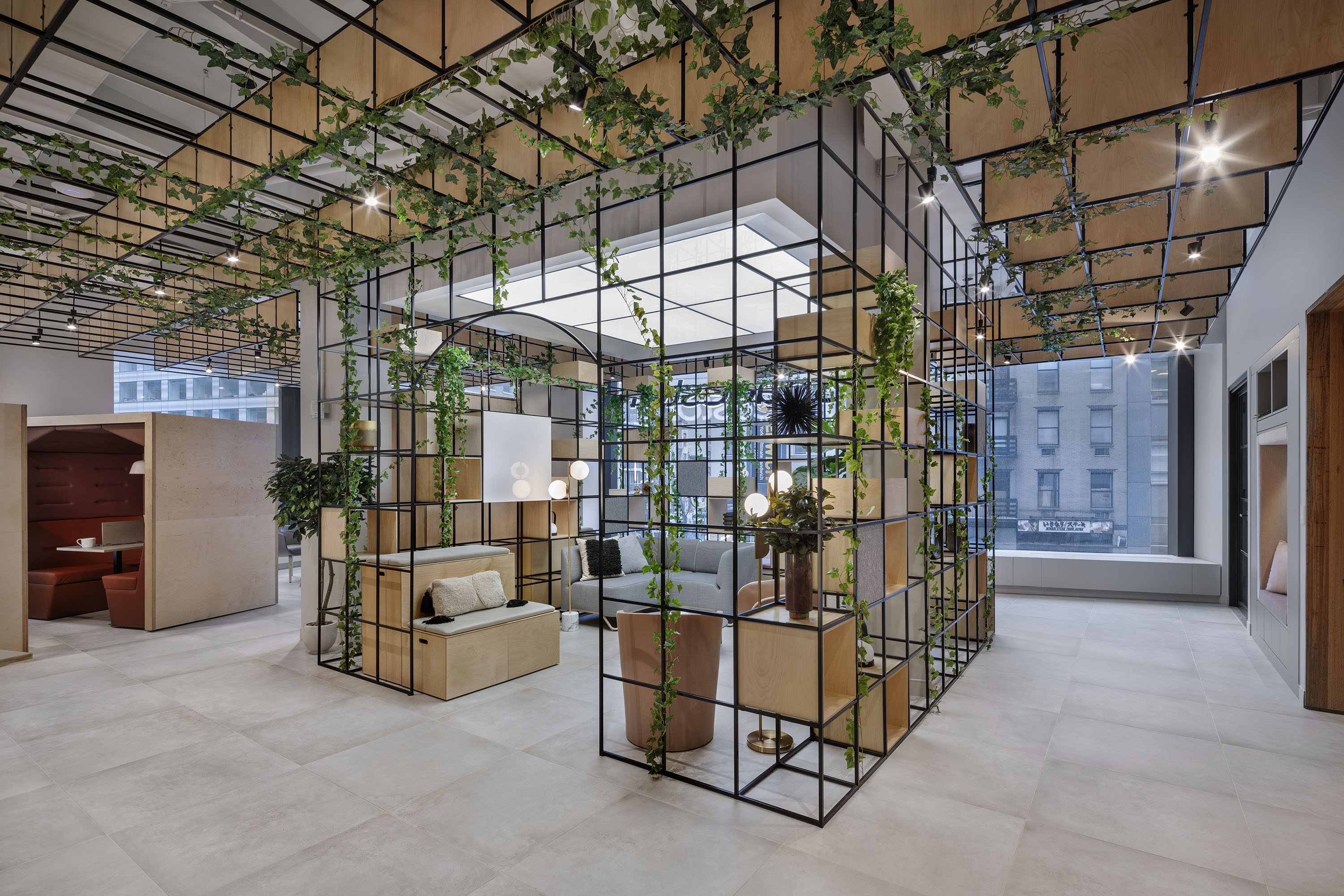

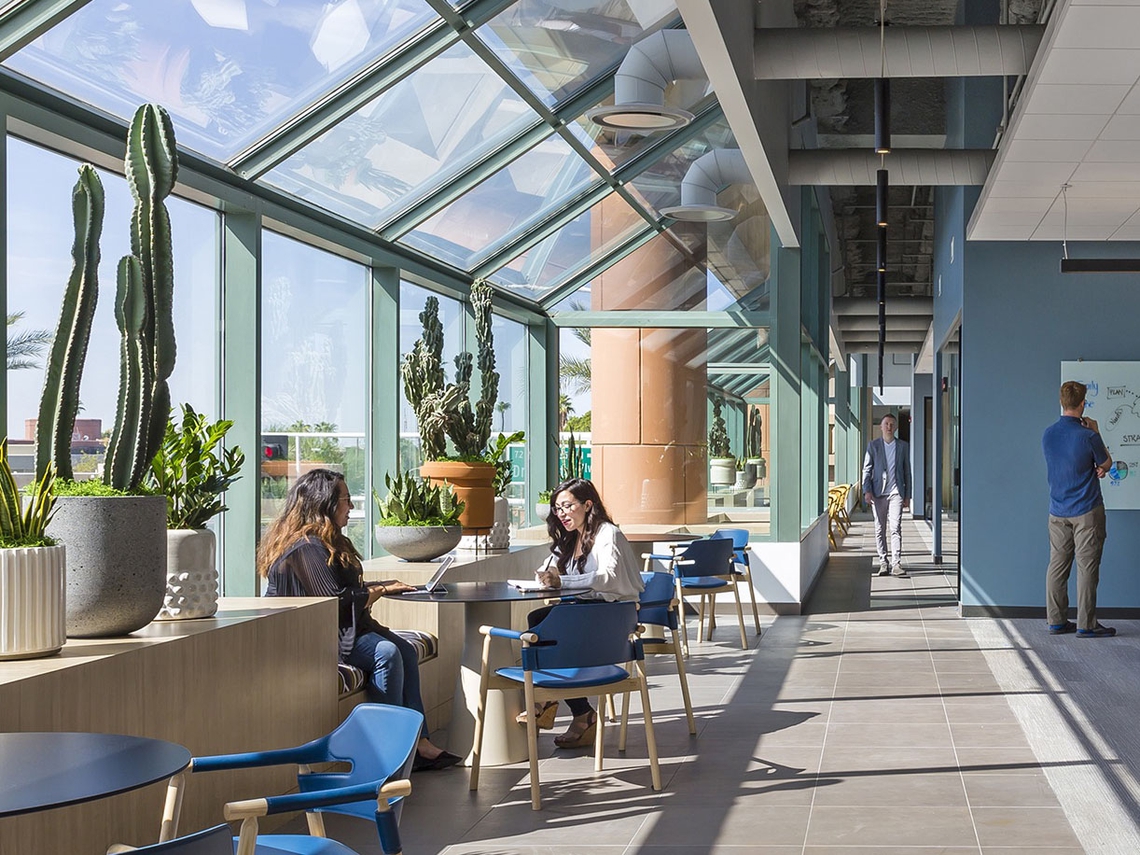
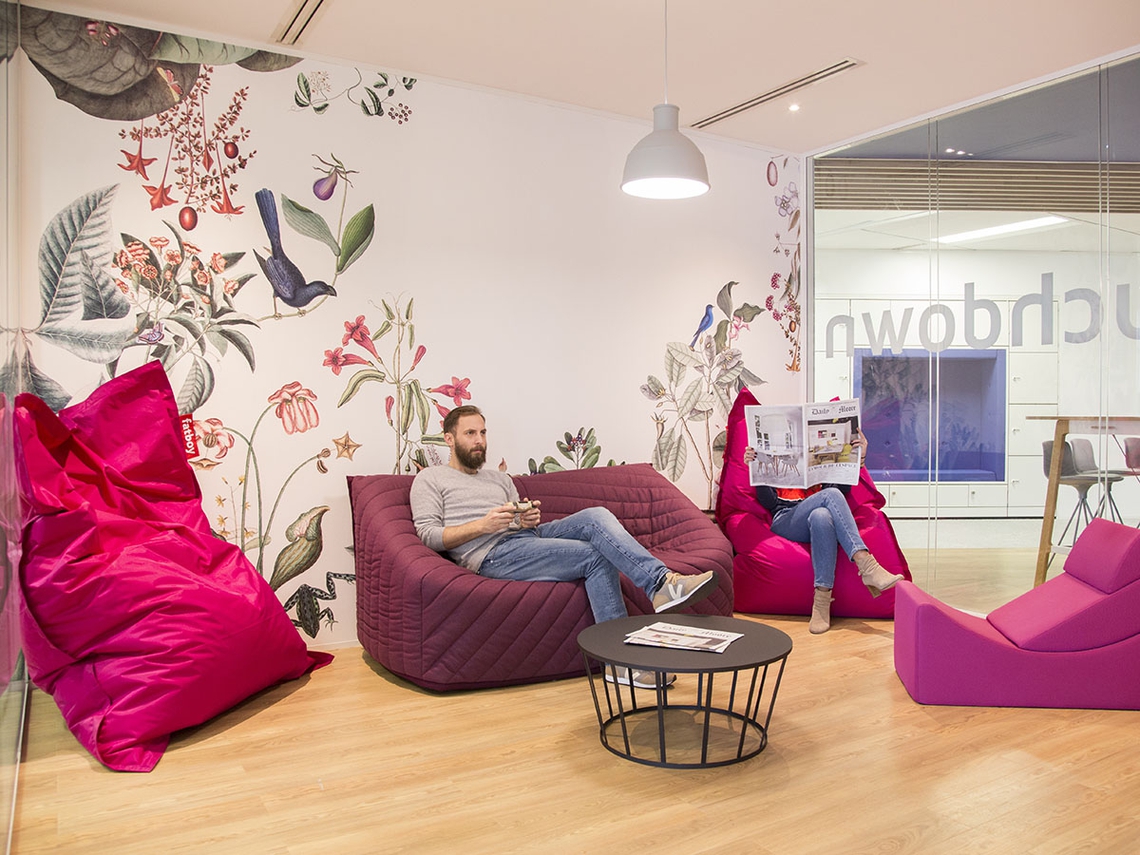

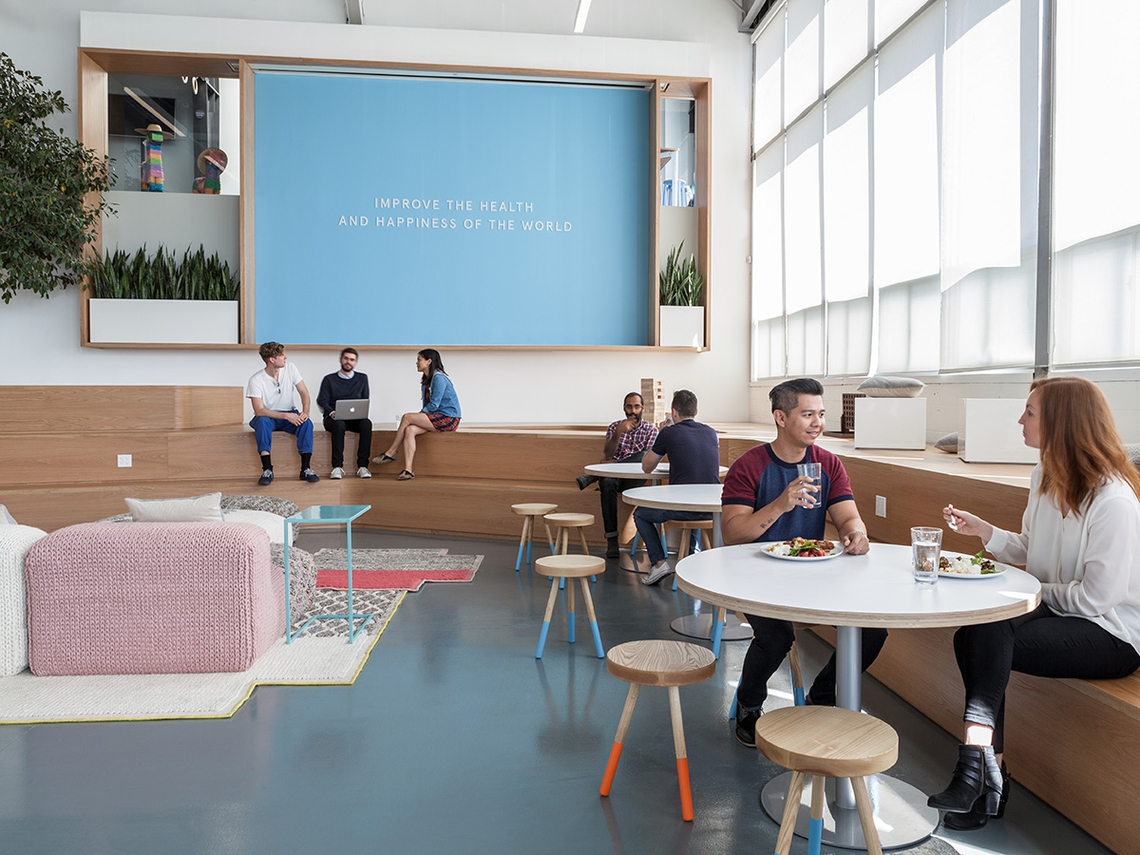
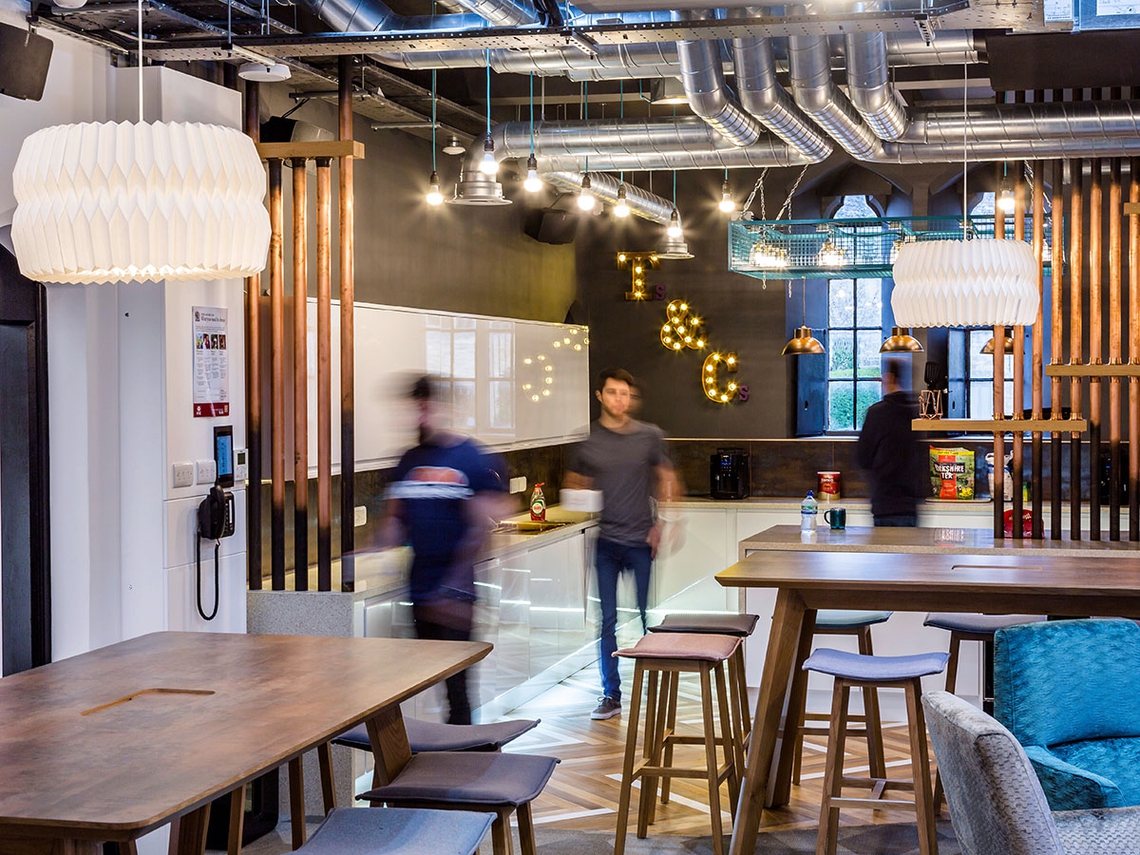
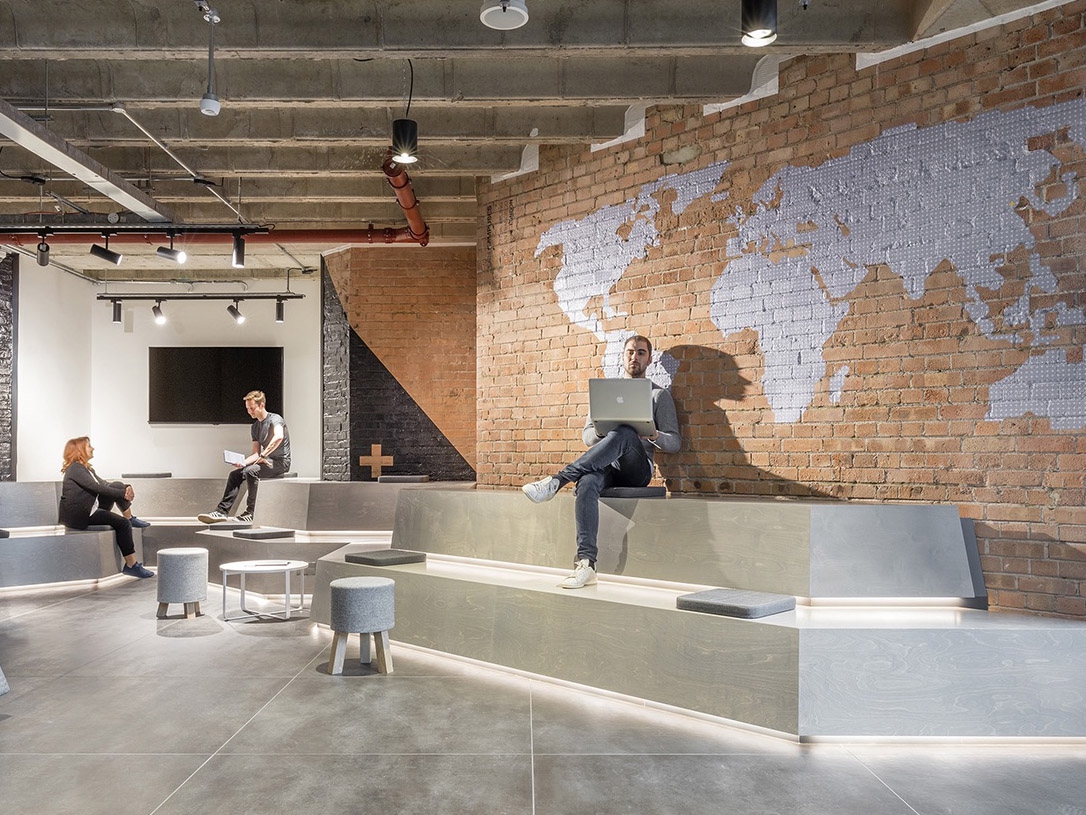
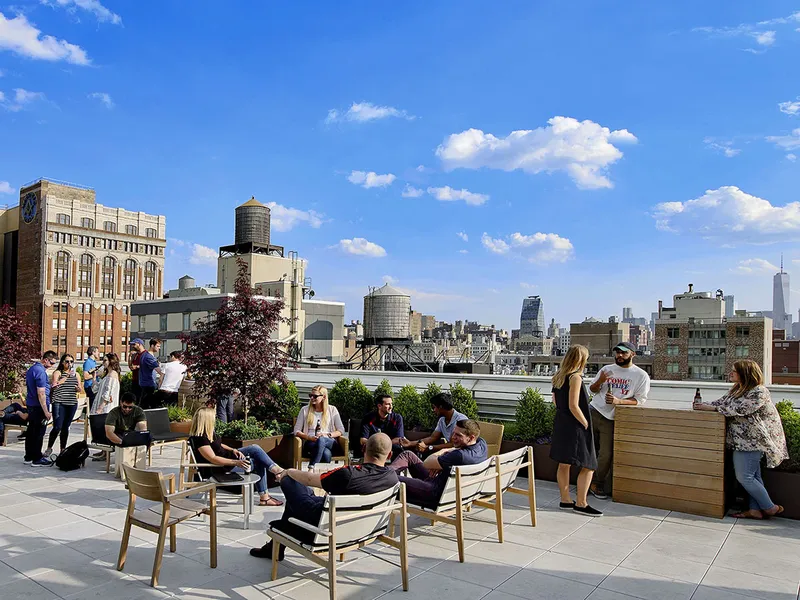

_small.jpg)

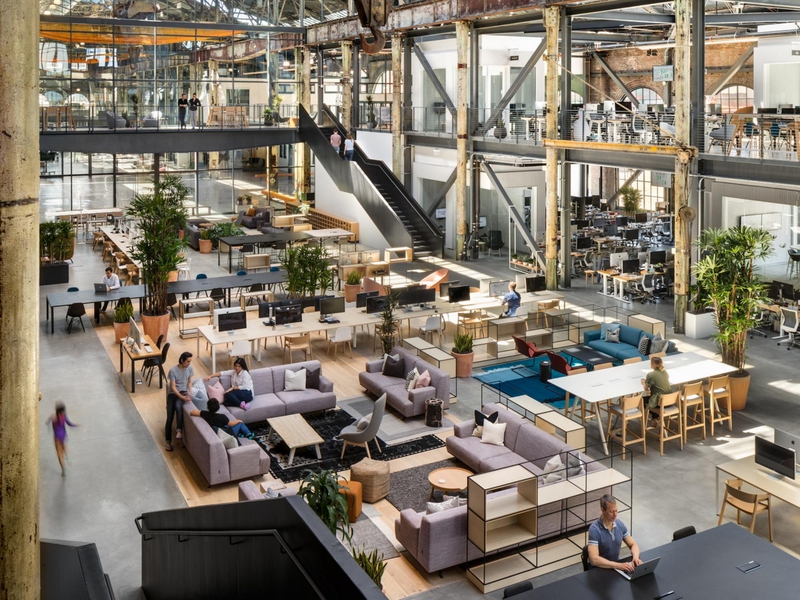
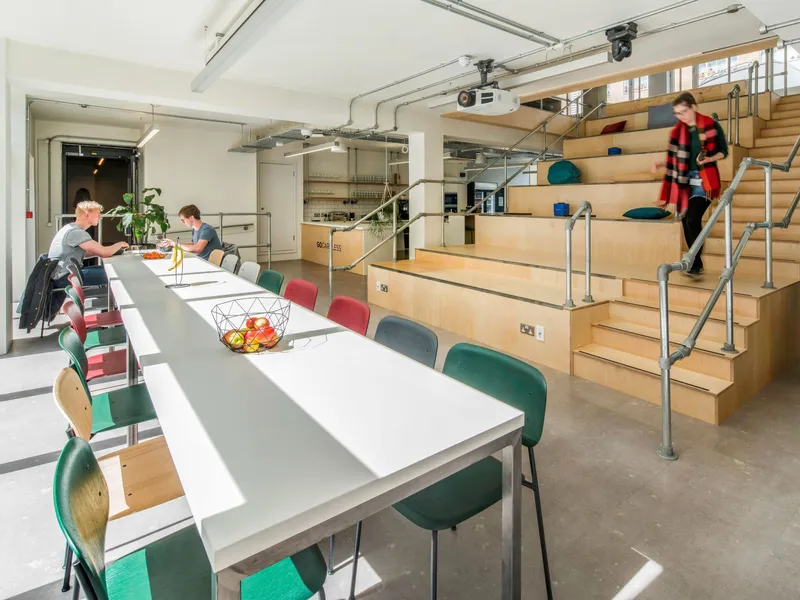
_medium.webp)
